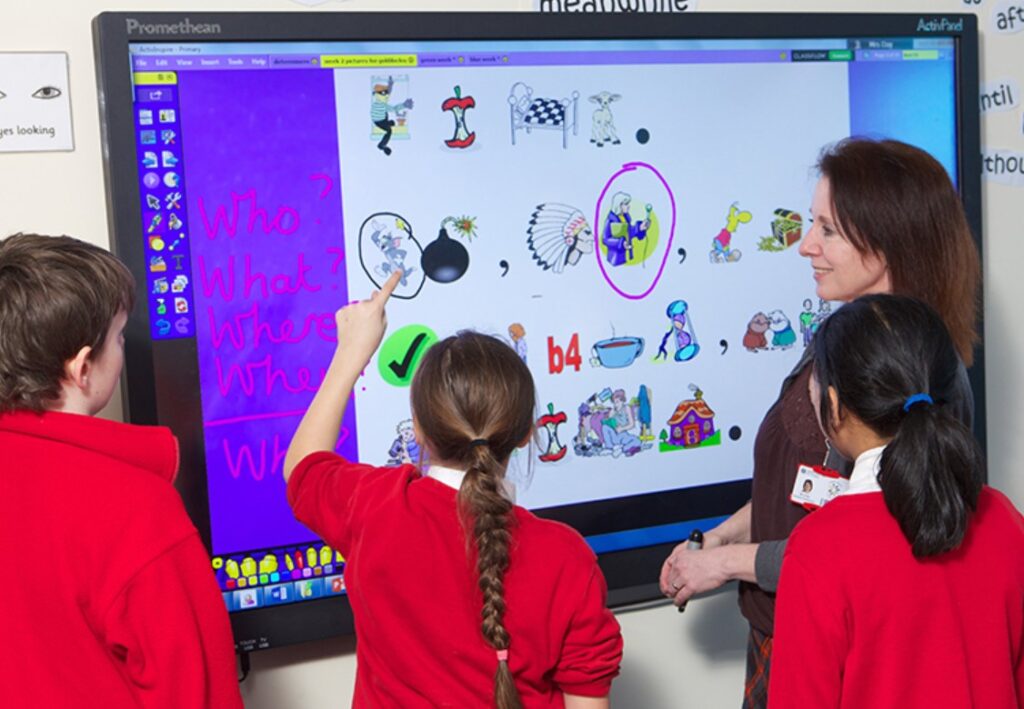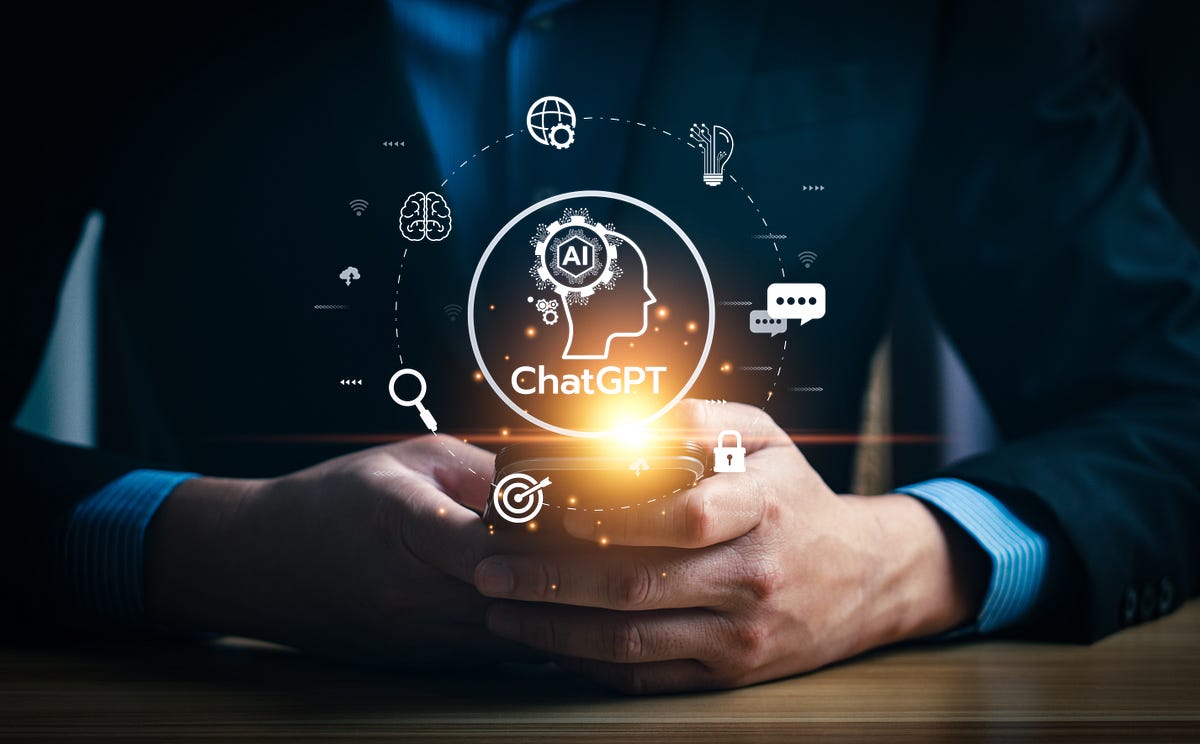A New Era for Education: OpenAI + Canvas
OpenAI and Instructure have announced a global partnership to embed generative AI directly within Canvas, the learning management system used by over 8,000 schools and countless universities worldwide. This launch, unveiled on July 23, 2025, marks a pivotal shift in integrating AI into core learning infrastructure.
LLM-Enabled Assignments: Dynamic Learning Interactions
The flagship feature is the LLM-Enabled Assignment—a mechanism that allows educators to design custom GPT-like chat experiences with students. Teachers can specify learning objectives, conversational prompts, and criteria for evidence of learning.
AI-powered chatbots—often impersonating historical or academic personas, like John Maynard Keynes—guide students through guided learning dialogues, while the students’ interactions are captured and logged in the portfolio and gradebook aligned with curriculum goals.
Empowering Educators, Preserving Control


Despite the deep integration, the partnership ensures that educators retain full control over assessments. Teachers calibrate rubric mapping, validate AI-generated insights, and maintain final grading authority. As students engage with the AI, their conversations reveal understanding points and knowledge gaps—giving teachers both macro and micro-level insight into student comprehension.

Streamlining Administrative Tasks
Instructure’s AI agents, powered by OpenAI models, are also simplifying administrative workflows. Teachers can automate tasks like adjusting deadlines en masse, drafting parent communications, or summarizing class discussions. Crucially, any generated content requires teacher sign-off before distribution, maintaining a human-in-the-loop safeguard.
Prioritizing Privacy and Data Ownership
All AI interactions occur entirely within Canvas, with student data and conversations owned and controlled by educational institutions, not OpenAI. This design addresses long-standing concerns over data privacy and institutional control of student records.
Addressing Integrity & Trust Issues
OpenAI’s educational reputation is evolving—from being seen as a homework cheating tool to providing pedagogically sound, institution-approved coaching. The Canvas integration offers a structured environment backstopped by teacher oversight, which may ease concerns over academic integrity and promote responsible usage.
The Bigger Picture
The partnership unfolds amid intense competition in edtech: OpenAI, Anthropic, and other firms are racing to embed AI into education workflows early. OpenAI’s collaboration with Canvas positions it at the forefront of K–12 and higher‑ed adoption, competing with initiatives like Anthropic’s “Claude for Education”
Looking Ahead
This is just the start. Over upcoming quarters, anticipated features include integrations with existing learning materials, more sophisticated agentic tools, accessibility enhancements (e.g., AI-generated alt text), and support for critical thinking frameworks in assessment design.
Bottom Line
OpenAI’s partnership with Canvas marks a major milestone in AI-powered education. It balances innovative learning experiences with educator oversight and student data protections—ushering in a new chapter of tailored, conversational, and teacher-guided instruction.


